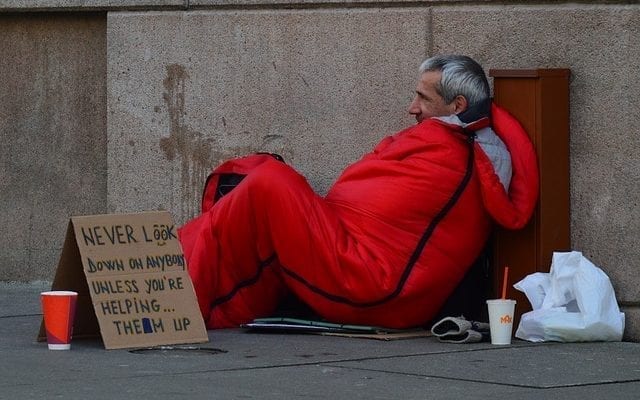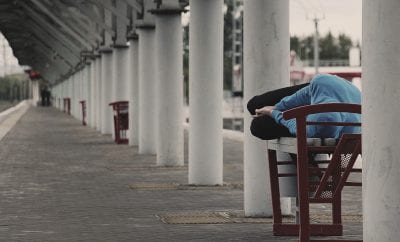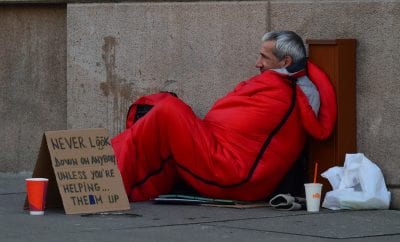
News
Supreme Court Declines to Hear Case Against Sleeping in Public
On Monday, the Supreme Court declined to hear an appeal for a case originating in Boise, Idaho, that would have made sleeping in a public place a crime. The decision was originally made in the 9th Circuit Court of Appeals after a handful of people sued the city of Boise for repeatedly ticketing them for violating an ordinance against sleeping outside.
Despite the city of Boise amending the law to prohibit citations when shelters are full, the courts ruled that the local law was unconstitutional. It is called the law of “cruel and unusual punishment” to stop homeless people from sleeping in public places when they have nowhere else to go.
Now, the decision has effectively created a Constitutional right for the homeless to camp in any public place, and opponents of the ruling are saying this seriously inhibits cities’ ability to control encampments and public safety. In court documents, lawyers representing the city of Boise said: “Public encampments, now protected by the Constitution under the Ninth Circuit’s decision, have spawned crime and violence, incubated disease, and created environmental hazards that threaten the lives and well-being both of those living on the streets and the public at large.”
This issue is especially prevalent in West Coast cities like San Francisco, Los Angeles, and San Diego, where city officials are struggling to support soaring homeless populations. California has nearly a quarter of the country’s homeless population, with the number of people without a permanent place to live rising by 16% last year alone.
Despite steadily increasing homeless populations, California cities have struggled with providing adequate housing to alleviate the problem of public encampments. Advocates for the ruling say that ticketing and forcefully relocating the homeless does nothing to solve the problem. With this ruling, they hope that cities will be forced to take a more proactive approach in developing more housing and facilities for the homeless.




1 Comment